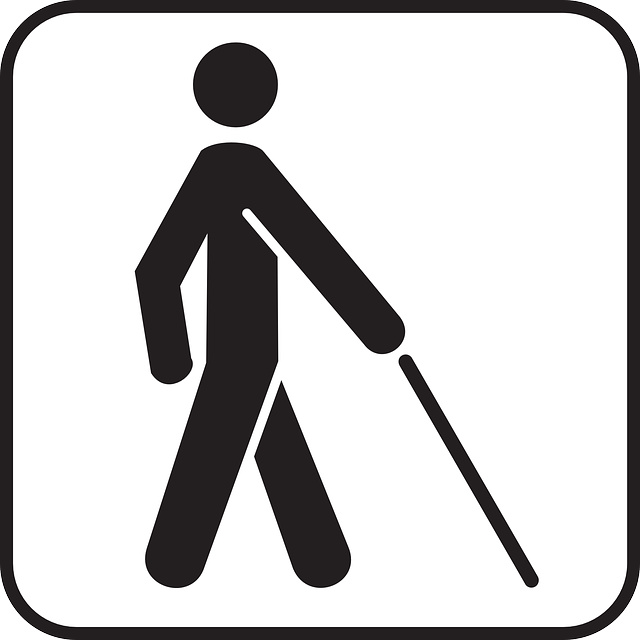Pharma R&D Hasn’t Met all the Needs of the Ageing Population, Say WHO
Global pharmaceutical R&D needs to focus on patient-centred rather than disease-related measures in order to meet the ‘real’ needs of a global ageing population, according to the World Health Organization.

The 2013 WHO Priority Medicines report states that pharmaceutical researchers need to change their current research and development approach so as to effectively help the larger patient population. Although there has been extensive progress in the advancement of diagnostics and medicines for various disease areas, since the original 2004 WHO report, there are a number of pharmaceutical gaps that still exist, as several patients within the current ageing demographic are not catered for.
Director of the WHO’s Essential Medicines Products department Kees De Joncheere provides an example of these gaps as she says, “Multiple small-scale trials of combination therapy have been undertaken but no large scale studies have been initiated. One such example is fixed dose polypills for ischemic heart disease (or myocardial ischaemia),Although there are some promising results from small trials, we need the investment in large-scale trials to have the evidence to see if we can get the right formulations and make this work in practice to save more lives.”
Nina Sautenkova, from the WHO Health Technologies and Pharmaceuticals division, also echoes the need for being more patient-centred as she states that, “Despite an over three-fold rise in spending on pharmaceutical research and development in Europe since 1990, there is an increasing mismatch between people’s real needs and pharmaceutical innovation. We must ensure that industry develops safe, effective, affordable and appropriate medicines to meet future health needs.”
As well as large-scale trials to satisfy the needs of the wider patient population rather than just disease areas, this report also highlights the need for more medicines that could do without storage in cooler temperatures. Treatments such as oxytocin for childbirth and heat-stable insulin for diabetes are a vital benefit to health services in countries that lack a consistent source of refrigeration.
Additionally, further pharmaceutical innovation is required in relation to special groups of patients such as children, women and the elderly, who have unique needs for dosage products and forms. In particular, further research is required on the use of electronic health records (EHR’s) within these populations so as to gather information on the safety and effectiveness of medicines. Pharmaceutical researchers should also encourage the development of more appropriate formulations for children and the elderly.
This report also provides recommendations on stratified medicine, systems for market authorization and pricing reimbursement procedures as well as methods for moving public-private partnerships forward.
